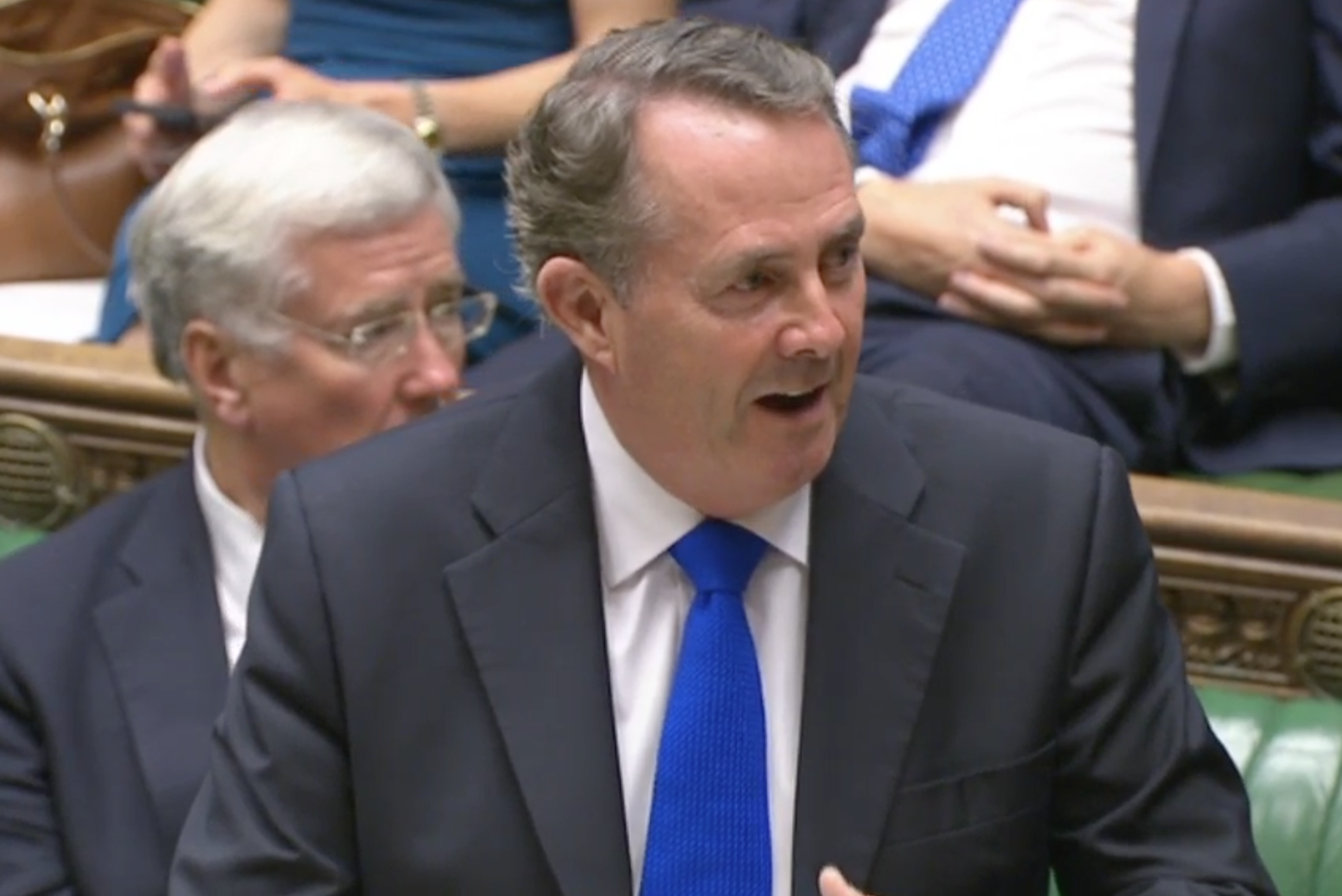Government defends relying on ‘secret evidence’ so it can keep selling arms to Saudi Arabia
Labour says MPs should be able to scrutinise the 'closed court' evidence

The Government has defended using secret evidence in “closed sessions” of the High Court to defeat a legal challenge against its continued sale of weapons to Saudi Arabia.
Lawyers acting for the Department for International Trade successfully saw off the judicial review by campaigners against continued arms exports to the autocracy on Monday morning.
The judgment issued by the Court however suggested that evidence given in closed court – and thus not made public – was crucial to the final decision. The Court said the evidence “cannot be referred to in open court” for “national security reasons”.
The closed sessions meant that campaigners and even their main legal team could not actually see much of the evidence presented by the Government, which could only be examined for the challengers by a security-cleared “special advocate”.
The court in fact said that the public evidence presented by Campaign Against the Arms Trade “represent a substantial body of evidence suggesting that the Coalition has committed serious breaches of International Humanitarian Law” but that this open material was “only part of the picture”.
This secret evidence presented by the Government is said by the court to have included Saudi Arabia's "fast-jet operational reporting data", "high-resolution MoD-sourced imagery" and "UK defence intelligence reports and battle damage assessments". The judgment summary said the MoD and FCO's analysis "has all the hallmarks of a rigorous and robust, multi-layered process of analysis" and that the evidence presented by the campaigners was "only part of the picture".
Speaking in the House of Commons on Monday afternoon Labour’s shadow international trade secretary Barry Gardenier said the “secret” evidence should be made available to MPs for scrutiny “on privy council terms” or to make it available to the Intelligence and Security Select Committee.
Trade Secretary Liam Fox however defended the practice of using secret evidence: “This idea that somehow if we have closed sessions that makes the judgment less valid I simply don’t accept.”
“Because I don’t accept this idea that we simply can’t have closed sessions that protect our national security or the personnel involved in our national security. Our sources need to be protected. I’ll listen to the argument he makes but I simply cannot accept it.”
Saudi Arabia has been accused by the UN and other observers of killing large numbers of civilians, including through the reported bombing of hospitals, schools, and weddings, in its neighbouring country, where it is intervening against Shia Houthi rebels.
Dr Fox admitted that “Yemen is indeed a humanitarian disaster” but said it was right to keep selling arms to Saudi Arabia.
Amnesty International said the ruling was a “deadly blow” to Yemeni civilians while Oxfam said there was a “clear moral case to suspend sales”. CAAT, the organisation that brought the legal challenge said they would appeal the decision.
Join our commenting forum
Join thought-provoking conversations, follow other Independent readers and see their replies
Comments
Bookmark popover
Removed from bookmarks